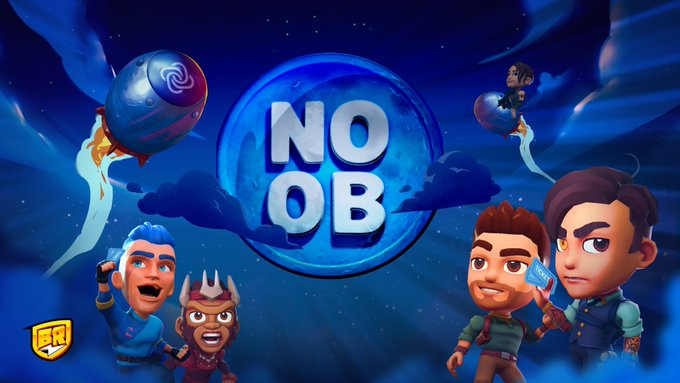Degens and Web3 Gaming: The Fine Line Between Hype and Sustainability
- whatsyourgam3
- Sep 20, 2024
- 3 min read
In a lively WYG? Web3 gaming panel, industry leaders came together to explore the role of degens in the space. From risk-takers and flippers to whales, the conversation dug into how degens impact airdrop strategies, gaming mechanics, and the future of Web3 adoption. Let’s dive into what the experts had to say about the balance between embracing degens and building sustainable ecosystems.
Who Are Degens?
The term "degen" often conjures images of reckless traders, but it means different things to different people. “I would call myself a reformed degen,” said mrh0use, while others like Anil Das-Gupta shared, “I’m a retired degen—maybe not by choice, but by getting wrecked.” Whether reformed or retired, many panelists agreed that degens play a critical role in the early stages of Web3 games.
The Importance of Degens in Airdrops
When discussing airdrops, 12Bird argued that “degenerates are good marketers... they love to post, to chat, and they bring attention.” However, Martinez also stressed that airdrops can only go so far if the underlying game isn’t fun. “Games need to be good enough to retain attention once the airdrop hype dies down,” he noted.
Whales vs. Degens: A Fine Line
The distinction between whales and degens came up often during the discussion. “There’s a fine line between whales and degens,” noted Mark D. Games, highlighting that both groups play similar roles in injecting liquidity into projects. However, whales are typically more strategic, while degens seek quick profits. “Degens are a necessary evil at the start—they help get the vanity metrics up,” Mark added, suggesting that their role is to “grease the wheels” in early-stage projects.
Are Degens Needed in Web3?
“Degens are completely necessary, especially in these early stages of Web3 gaming,” said TheCulturedSwine. With limited marketing channels, many Web3 games rely on degens to build buzz. “You can’t run ads on Facebook, TikTok, or YouTube for Web3 games, so you need degens to spread the word,” he explained. However, Thrust warned of the risks: “Degens take profits and leave, which can harm long-term sustainability.” Thrust argued that balancing short-term degen activity with long-term growth is crucial.
Designing Game Mechanics for Degens
Panelists also discussed how game mechanics can appeal to degens. “Gacha mechanics? Sign me up,” said Cesar Martinez, emphasizing that loot boxes, spins, and chests hook degens into games. 12birb added an unconventional take, suggesting that even “a sprinkle of horny content” can drive engagement in games, pointing to the success of titles like Genshin Impact that capitalize on certain aesthetic choices.
The Future of Degens in Web3
While degens have played an important role in the growth of Web3 gaming, many panelists believe that the space will eventually need to transition away from reliance on short-term players. Thrust suggested that, “As we move toward mass adoption, degens won’t be as necessary. We need to focus on attracting consumers who are here to enjoy the game.”
“The ultimate goal should be to create sustainable ecosystems,” said UncleFunk, stressing the importance of balancing degen activity with creating real utility for long-term players. “We need to give degens real utility in games, so players can enjoy the experience while participating in the ecosystem.”
Final Thoughts
The panel concluded with a consensus: Degens bring energy and liquidity to Web3 games, but relying too heavily on them can undermine long-term sustainability. As Web3 gaming evolves, developers will need to strike a balance between catering to degens and building communities of players who are invested in the games for the long haul. “Degens are great for getting things started, but it’s the quality of the game that keeps people around,” said Anil Das-Gupta.











Comments